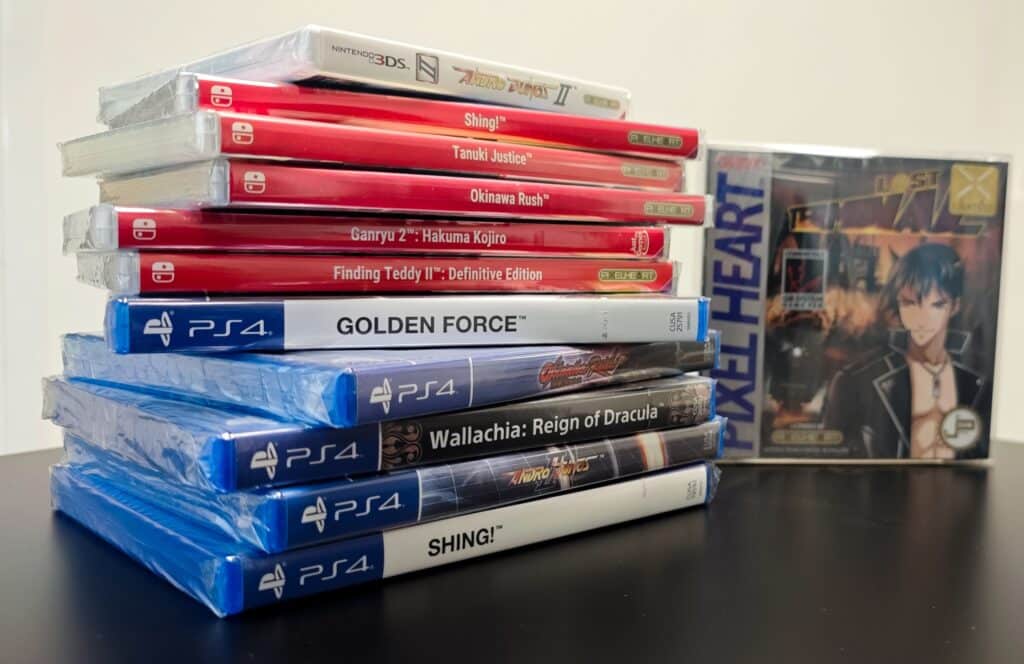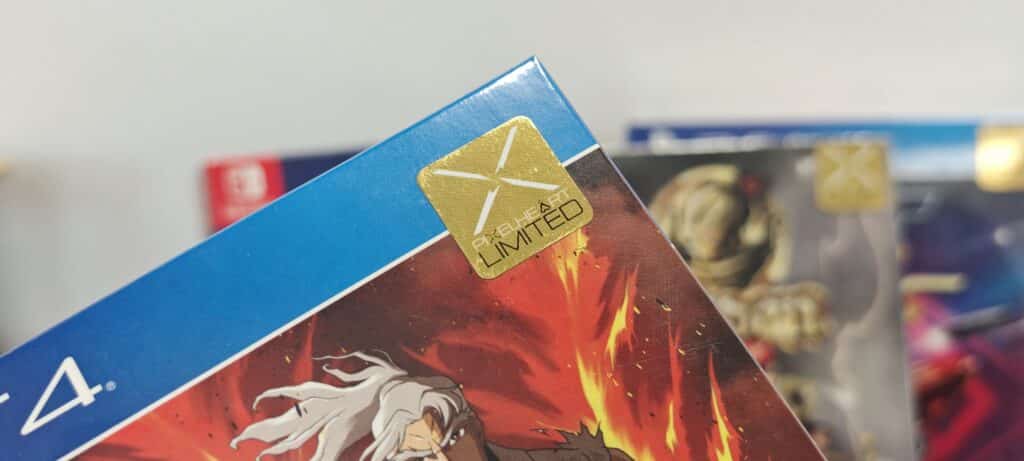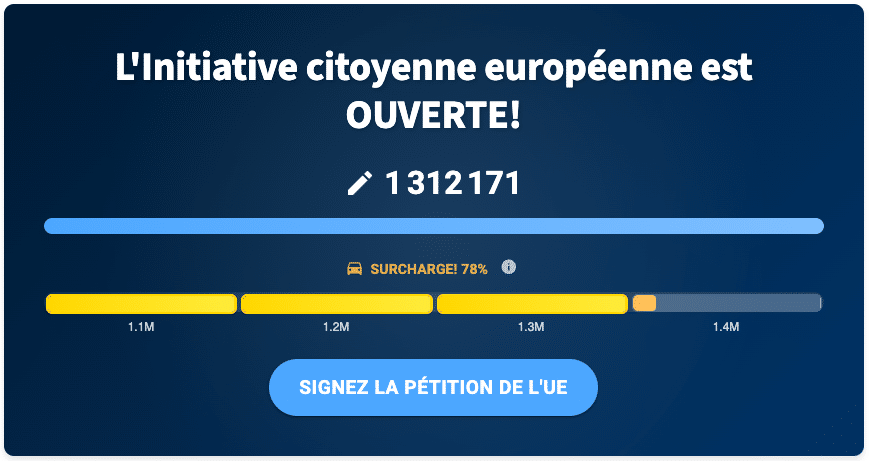Winter Sales: Special Offers from January 16th to 31st.
To kick off the year in the best possible way, PixelHeart is launching its Winter Sales, running from January 16 to January
Welcome to PixelHeart, publisher and distributor of independent Retrogaming and Next Gen video games.
As a prominent publisher of physical and independent video games, PixelHeart is deeply committed to ensuring that every game lives on. In an era dominated by digital distribution, server shutdowns, and remote game deactivation, we proudly support the international initiative Stop Killing Games.
This movement is crucial for preserving the cultural legacy of video games and defending the fundamental rights of players around the world.
In 2024, game developer and video essayist Ross Scott, known for his work with Accursed Farms, launched the campaign Stop Killing Games in response to Ubisoft’s controversial shutdown of The Crew. Despite being a paid title, the game became completely unplayable, even in its single-player mode, once the servers went offline.
This shocking decision sparked widespread backlash and drew attention to a troubling pattern: more and more games are disappearing forever, often due to business decisions that leave consumers stranded and their purchases void.
Many games now rely on always-online connections, even for solo gameplay. This dependency makes them vulnerable to vanishing completely once server support is pulled, regardless of how many people bought or still enjoy the game. These decisions not only strip away player rights, they also endanger our shared digital history.

At PixelHeart, we fully support the goals of Stop Killing Games, which aim to ensure the longevity of video games and protect consumer rights:
These demands aim to have video games recognized as cultural works in their own right, alongside films and literature.

Video games tell stories, drive technical innovation, and foster social bonds. Their digital disappearance is a major cultural loss. At PixelHeart, we advocate for a physical and sustainable model of video gaming, where each cartridge or disc becomes a memory object, accessible and transmissible without relying on external servers.
This approach stands in contrast to the fully digital trend, which weakens the gaming heritage and exposes players to irreversible loss.
The Stop Killing Games movement has already gathered over one million signatures through a European petition, prompting the European Commission to consider measures for consumer protection and the preservation of digital games. This civic momentum echoes the impact of the GDPR on personal data protection.
Additionally, complaints have been filed with consumer protection authorities in Europe and Australia. Influencers and associations committed to game preservation and archiving are also amplifying the cause.

Some publishers cite technical, security, or financial constraints to justify server shutdowns and refusal to release source code. However, viable solutions exist:
These practical avenues help balance innovation, security, and digital heritage preservation.
You too can take action to protect the future of video games:
At PixelHeart, we will continue to promote a sustainable video game model, honoring the memories of players and the rich cultural value of this unique medium.
Don’t miss our latest news, follow us on our socials! 😉
© 2025 PIXELHEART Corporation. All rights reserved.
To kick off the year in the best possible way, PixelHeart is launching its Winter Sales, running from January 16 to January
PixelHeart is proud to officially announce the release of Verdict Guilty Clash on Dreamcast, available in JPN, US, and PAL versions. This
As the year comes to an end, the entire PixelHeart team would like to take a moment to address our community, our
*(1) Hors les pays d’Europe suivants : “Chypre, Croatie, Finlande, Grèce, Roumanie”
*(2) Pour le reste du monde, les DOM-TOM et les pays d’Europe suivant : “Chypre, Croatie, Finlande, Grèce, Roumanie”, les frais de port offert à partir de 300 € d’achat ne seront pas appliqués si vos commandes dépassent un certain volume. Si vous avez des questions liées aux frais de port offert, n’hésitez pas à contacter notre service après-vente sur le mail [email protected].
*(1) Excluding the following European countries: “Cyprus, Croatia, Finland, Greece, Romania”
*(2)For Rest of the world, the DOM-TOM and the following european countries: “Cyprus, Croatia, Finland, Greece, Romania”, the shipping costs offered from 300 € of purchase will not be applied if your orders exceed a certain volume. If you have any questions related to free shipping, do not hesitate to contact our after-sales service on the email [email protected].